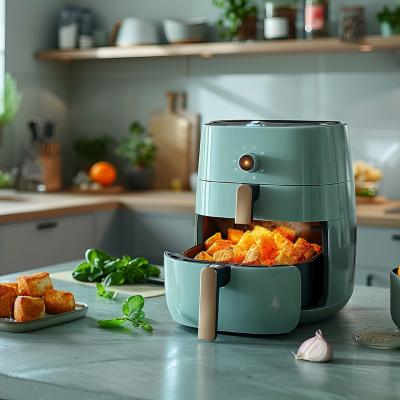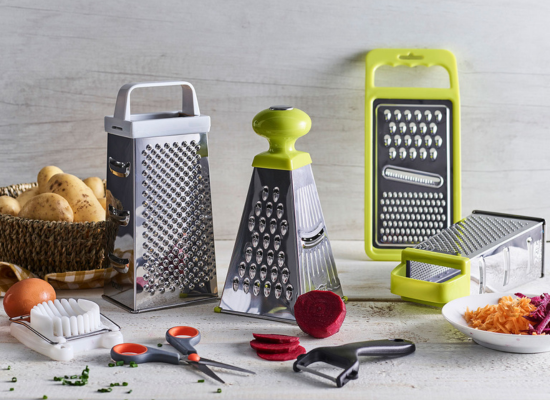
Nori is a type of seaweed that can be consumed either fresh or dried. It is popular in Japan and other parts of Asia and is often used to make sushi rolls. Nori sheets are thin, dark green sheets that have a slightly salty taste.
Is Nori Gluten-Free?
"Yes, nori is gluten-free and can be consumed by people having celiac disease and gluten intolerance. Since nori is not a cereal or grain rather it is a type of seaweed, it does not contain gluten. Though gluten may be there in some non-grain foods."
In this blog post, we will explore whether or not Nori is gluten-free. We will also look at the benefits of eating Nori seaweed sheets as part of a gluten-free diet plan.
What Is Nori and How Is It Made?
Nori is a type of seaweed that can be found in the ocean. It is a dried edible seaweed used in Japanese cuisine that is prepared from species of the red algae genus Pyropia, notably P. yezoensis and P. tenera.
It has a strong and unique flavor and is frequently used to wrap sushi or onigiri rolls (rice balls).
The seaweed is first harvested from the ocean. It is then rinsed and chopped into small pieces. The seaweed is then spread out on a large sheet to dry in the sun or with artificial heat. Once it dries, it turns dark green or black and becomes brittle.
Nori is made by a process of shredding the seaweed, pressing it into thin sheets, and then drying it out in the sun or with artificial heat. Once it is dry, it turns dark green or black and becomes brittle.
LEARN MORE: What Is Shredded Nori?
How Is Nori Gluten-free?
Nori is gluten-free because it is not a cereal grain or grass. It is instead classified as a type of seaweed. Seaweed does not contain gluten.
The only time gluten might be present in nori is if it has been contaminated by contact with other gluten-containing products during processing or packaging. However, most brands of nori are very careful to avoid gluten cross-contamination.
There are, however, distinct classes dependent on quality. Silver and gold are said to be the finest quality, darkest sheets of all, and excellent for preparing sushi.
Green, blue, and other hues denote a medium level of quality. These sheets are often greener and lighter in color.
Silver and gold should also signify pure seaweed, however, when purchasing lower quality classes, pay attention to the contents list since additional components may be included.
If you are concerned about gluten cross-contamination, look for brands of nori that are certified gluten-free. These products will have a gluten-free label on the package.
If you are celiac or have a gluten intolerance, you can safely eat nori. Just be sure to check the label to make sure the product you’re buying is certified gluten-free.
LEARN MORE: What Is Nori in Ramen?
Including Nori in Gluten-free Diet
So, now that you know all about Nori and how it is gluten-free, let’s take a look at some of the benefits of including it in your gluten-free diet.
- Nori is a good source of dietary fiber which can help to regulate digestion. It is also a rich source of vitamins and minerals such as iron, calcium, and magnesium.
- Nori is low in calories and fat and is a good source of protein. This makes it a great addition to a healthy diet for people who are trying to lose weight or maintain weight.
- Including nori in your diet is a good way to get more vitamins, minerals, and fiber into your diet
- They are also high in vitamins and minerals, making them a good choice for those on a gluten-free diet.
- They are a good source of vitamins A, B12, and C.
- Including nori in your diet is a good way to get more vitamins, minerals, and fiber into your diet.
- Nori seaweed sheets are an excellent source of iodine, which is essential for thyroid function. They are also a good source of protein.
However, Nori can include harmful metals (arsenic and cadmium), the quantities of which vary greatly amongst nori products.
It also includes amphipod allergens, which can cause severe allergic responses, particularly in crustacean-sensitive persons. As a result, consuming large amounts of dried nori on a daily basis is discouraged.
Nutritional Value of Nori
Nori sheets are a good source of vitamins and minerals, with no gluten, making them a good choice for those on a gluten-free diet.
One sheet of nori contains:
- Calories: 40
- Fat: 0 grams
- Carbs: 11 grams
- Fiber: 0 grams
- Protein: 0.75 grams
- Vitamin A: 20% of the Daily Value (DV)
- Vitamin C: 20% of the DV
- Calcium: 0% of the DV
- Iron: 15% of the DV
- Magnesium: 0% of the DV
Conclusion
Anyone with or without celiac disease or gluten intolerance can enjoy nori without hesitation. It is a delicious, nutritious way to add variety to your gluten-free diet.
Be sure to check labels to make sure the nori you are purchasing is certified gluten-free. When in doubt, opt for nori sheets that are darker in color, as these tend to be of a higher quality. So go ahead and enjoy some sushi or seaweed salad today!



